|
Genres, Themes, Actors, and Directors:
- Anna Magnani Films
- Federico Fellini Films
- Italian Films
- Jean Cocteau Films
- Obsessive Love
- Pregnancy
- Roberto Rossellini Films
Review:
After starring in Roberto Rossellini’s neo-realist classic Open City (1945), Anna Magnani re-teamed with Rossellini for this interesting pair of short films, originally packaged together as L’Amore (though Peary lists it simply as The Miracle in the back of his GFTFF). The first film — based on a 1930 monoplay by Cocteau — consists of nothing more than distressed Magnani on the telephone with her lover — and the fact that we remain as engaged as we do speaks volumes about her gifts as a compelling actress (though its repeated revival in recent years also indicates the enduring nature of its theme and unusual format).
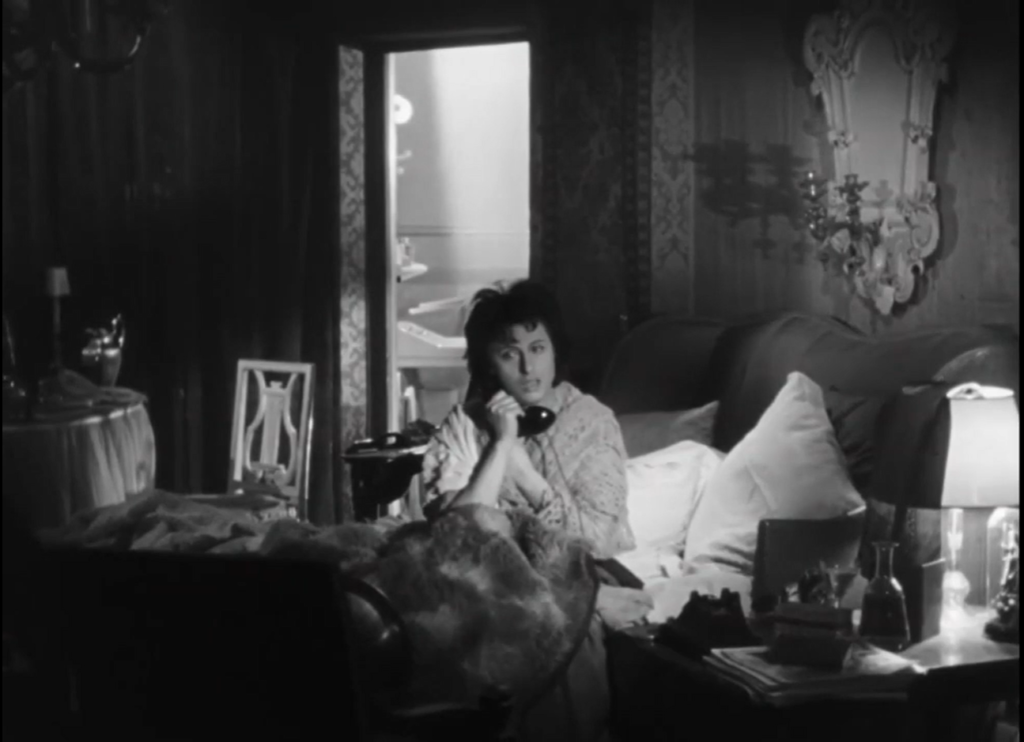
The second film — with its focus on (perceived) immaculate conception and pregnancy outside of marriage — was, not surprisingly, highly controversial upon release.
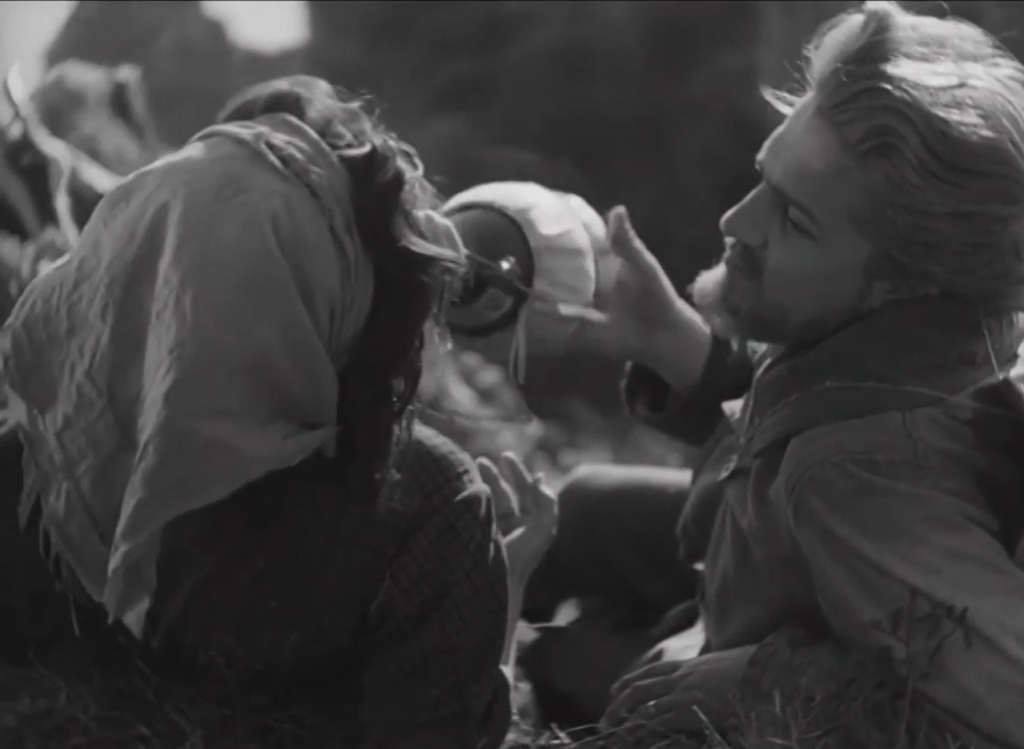
It was repackaged for American distribution in 1950 — along with Renoir’s A Day in the Country (1936) and Pagnol’s Jofroi (1933) — as The Ways of Love, and ended up serving as the basis for a Supreme Court case about free speech. According to a 2008 book entitled The Miracle Case: Film Censorship and the Supreme Court, by Laura Wittern-Keller and Raymond J. Haberski, Jr.:
Many Catholics saw The Miracle as a mockery of the virgin birth… Archbishop Francis Cardinal Spellman denounced it from the pulpit as “subversive to the very word of God” and an insult to Italian womanhood, pickets from the Catholic War Veterans surrounded the theater each night, and Catholics bombarded the state censors with a letter writing campaign, hoping to get The Miracle’s exhibition license revoked.
Thankfully, “A surprisingly unanimous Court ruled in The Miracle case that movies did indeed fall under the free speech and free press protections of the First Amendment.” Film fanatics can now view both short films in their original Italian configuration, and enjoy them simply for Magnani’s powerhouse performances.
Notable Performances, Qualities, and Moments:
- Anna Magnani as “The Woman on the Telephone” and “Nannina”
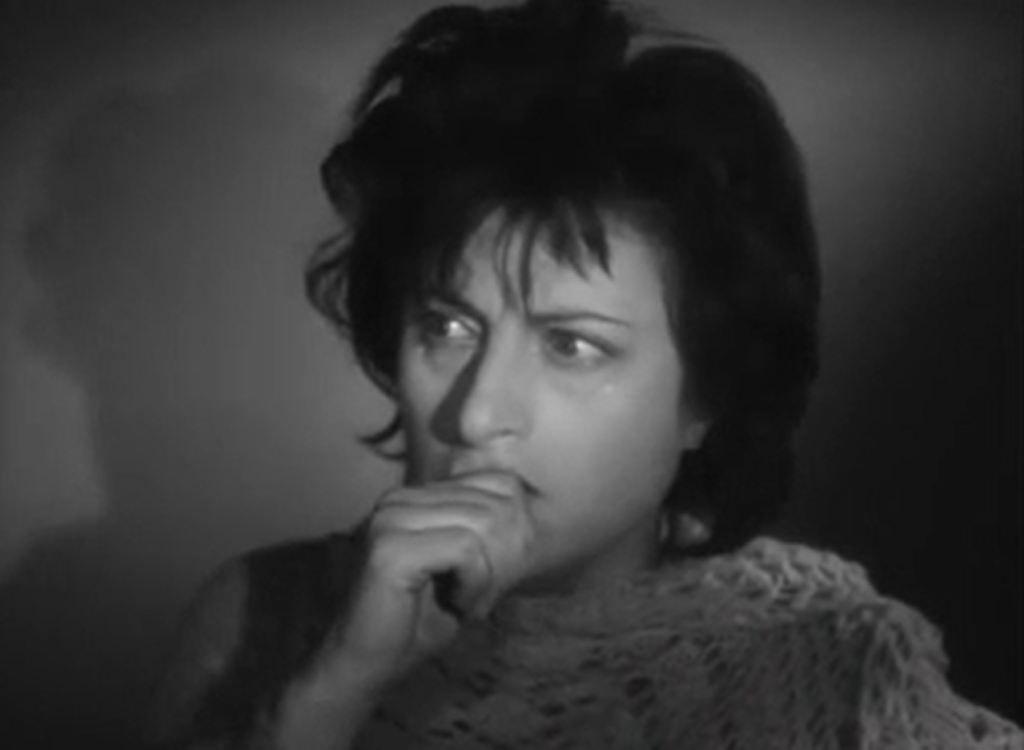
- Fine cinematography
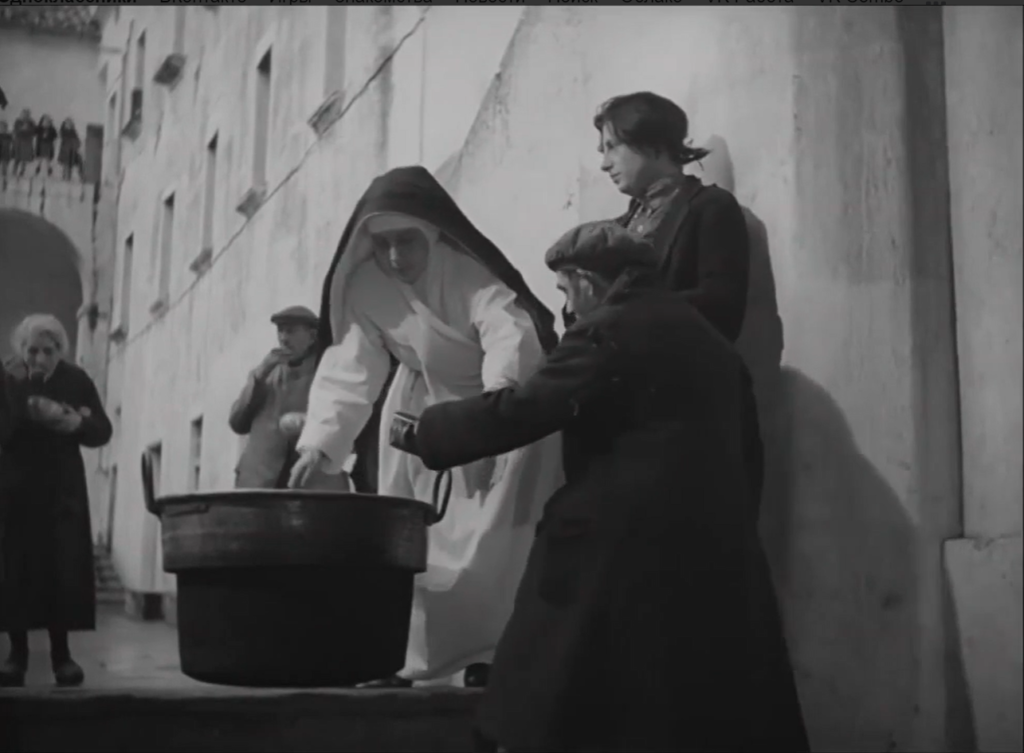
Must See?
No, though it’s certainly worth a look both for Magnani’s performances and for its historical relevance. Listed as a film with Historical Importance in the back of Peary’s book.
Links:
|
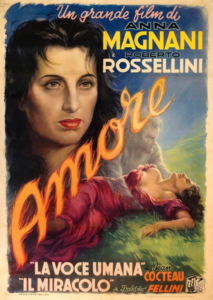




One thought on “Miracle, The (1948) (a.k.a. L’Amore)”
First viewing (today). Not must-see. As per my post in ‘The ’40s-’50s in Film’ (fb)
“To be honest, people can’t understand our relationship.”
‘L’amore’ (1948): When I heard Anna Magnani utter the quote above, I thought, ‘To be honest, neither can I.’ What Magnani says is part of the very long monologue that the actress is given to plow through in the first section of this two-part film. It is an adaptation of the Jean Cocteau play, ‘The Human Voice’ – one of the most self-indulgent pieces of theater ever. For a little over 30 minutes, we listen to Magnani on the phone, breaking up with her bf. Along the way, we hear some rather laughable stuff (i.e., “Look, I just wanted to say that, if you burn [my letters], I’d like you… I’d like you to keep the ashes in that tortoiseshell case. You know, the one I gave you to put your cigarettes in.”)
What Magnani gives us is the kind of performance that critics sometimes call “a tour de force”, while not recognizing how ridiculous the whole thing is. Still, the material has at times seduced actresses into thinking it’s an opportunity to show their mettle in the (at times unintentionally funny) hyper-drama department.
Sophia Loren and Rosamund Pike have also filmed it. Pedro Almodovar made passing references to the piece in both ‘Women on the Verge of a Nervous Breakdown’ and ‘Law of Desire’ before (just recently) giving us his own complete version (starring Tilda Swinton), which at least has a refreshingly self-aware and hilarious finish.
Magnani gets into deeper problematic water with part two: ‘The Miracle’. In it, she plays a self-described madwoman who, while in the mountains herding goats, is faced with a silent stranger (Federico Fellini!) that she mistakes for St. Joseph. “You’re an important saint, but you’re not Jesus.”, she tells him, as the man subtly plies her with wine before having his way with her. [Fade to black.]
Once the townfolk realize that Nanni (Magnani) is pregnant, they mock her as though she’s a slut – as Nanni grows to believe she has experienced her own personal Immaculate Conception (!).
This second story, not surprisingly, faced censorship problems – as being heretical in nature. Condemned by the Catholic Legion of Decency, the film was cleared 4 years later by the Supreme Court – under freedom of speech protection. Apparently, the Supreme Court made no mention of the fact that it’s just plain silly.